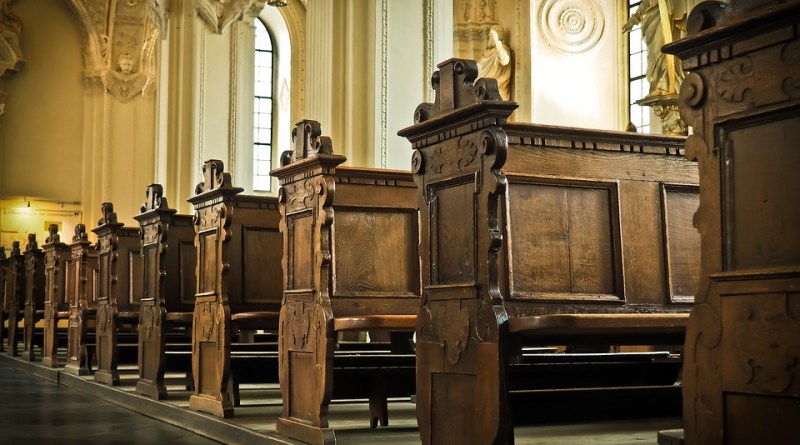A federal judge has denied a San Diego-area church’s request to overturn California’s restrictions on in-person worship services after she was ordered to rehear the case following U.S. Supreme Court decisions striking down coronavirus-related worship restrictions.
South Bay United Pentecostal Church, based in Chula Vista, has been engaged in a lengthy legal battle with the state of California after Gov. Gavin Newsom implemented restrictions on in-person worship services as part of an effort to slow the spread of the coronavirus.
The church attempted unsuccessfully to convince U.S. District Court Judge Cynthia Bashant to lift Newsom’s worship restrictions, which currently allow worship services to “open outdoors only with modifications.”
Eight weeks after Bashant denied the church’s challenge, the Ninth Circuit Court of Appeals, based in San Francisco, ordered Bashant to rehear the case in light of the Supreme Court’s decisions in Harvest Rock Church, Inc. v. Newsom and Roman Catholic Diocese of Brooklyn v. Cuomo.
In those cases, the court temporarily blocked worship restrictions in New York state and ordered a lower court to rehear a challenge to Newsom’s worship restrictions in light of its ruling on similar measures implemented in New York.
In a decision released Monday, Bashant once again declined to lift Newsom’s worship restrictions, citing the need to balance “religious liberty and public health” in the midst of “a rapidly evolving – and escalating – pandemic.”
While she acknowledged that “not being able (to) congregate indoors imposes a burden on Plaintiffs’ religion,” she contended that “the burden is a temporary one, with widespread vaccination close in sight.”
“The Court concludes that it serves the public interest to continue to protect the population as a whole, in this dire phase of the pandemic,” she added.
In a statement shared with The San Diego Union-Tribune, Charles LiMandri, an attorney representing South Bay in its legal challenges to the state’s worship restrictions, said the legal team was looking to file an emergency appeal with the Ninth Circuit, adding that he was “hoping to get the churches in San Diego open by Christmas, as is now the case in L.A.”
LiMandri’s statement references the fact that in light of the Supreme Court’s recent rulings, Los Angeles County, the most populous county in California and the U.S. as a whole, decided to lift its ban on indoor worship services, allowing such services to take place as long as social distancing measures are implemented.
South Bay’s legal efforts date, back to the spring, when the church took its case all the way to the Supreme Court in an attempt to convince the justices to invalidate Newsom’s guidelines that required churches to limit attendance at in-person worship services to 25% of a building’s capacity with a maximum of 100 attendees.
The church’s appeal to the Supreme Court followed an unsuccessful effort to convince lower courts to set aside the restrictions. The Supreme Court rejected the request and the church took its efforts back to the lower courts as the year progressed.
South Bay United Pentecostal Church is one of many churches and religious leaders that have challenged Newsom’s worship restrictions with varying degrees of success.
Earlier this month, the Superior Court of California for the County of Kern granted a Catholic priest in Bakersfield-based Kern County relief from the restrictions, citing a complaint made by South Bay and many other churches that the state was “treating religious activities worse than comparable secular activities” in violation of the free exercise of religion clause in the state Constitution.

